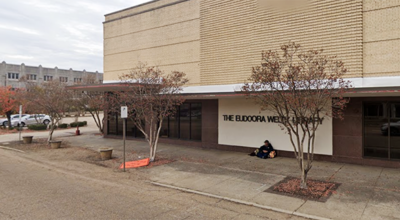City scuttles non-discrimination ordinance, maintains all are welcome
Published 9:11 am Wednesday, May 15, 2019
A non-discrimination ordinance that the City of Natchez had taken into consideration last March is no longer on the table, city officials said.
Similar ordinances had been passed in different city’s throughout Mississippi in response to a Freedom of Religion Law, HB 1523, that the Legislature passed in 2016 allowing government organizations the right to refuse services, such as issuing marriage licenses to gay couples, counseling or shelter to the LGBTQ+ community based on religious objections.
Though further discussion of the ordinance proposed last March had been added to Tuesday’s agenda for the regularly scheduled meeting of the Natchez Board of Aldermen, Natchez Mayor Darryl Grennell said the ordinance was “no longer on the table,” and the discussion never took place.
“There was no support from the board of aldermen to proceed with it,” Grennell said following Tuesday’s meeting, adding the aldermen stated Natchez had already taken its stance on discrimination with a hospitality resolution passed in 2016 under former mayor Larry “Butch” Brown.
The 2016 resolution states “The City of Natchez is open for business, tourism and residential development to all law-abiding individuals and groups regardless of religion or identity.”
Ward 3 Alderman, Sarah Carter Smith said the resolution makes a clear point of showing Natchez’s stance on discrimination without adopting a new law.
“This is how Natchez is perceived by all of our residents and visitors,” Smith said. “I think we’ve done a great job of making sure that the city of Natchez doesn’t tolerate or support any discrimination against anyone.”
Unlike the resolution approved in 2016, Ward 1 Alderman, Joyce Arceneaux-Mathis said the proposed ordinance contained penalties and fines for violators that were contradictory to state law and could not be enforced.
“Once we found out the state passed this law, we said we were open for business and that we would treat everyone in an equal, fair and hospitable manner and that everyone is welcome to Natchez. We would not discriminate against anyone,” Arceneaux-Mathis said. “In light of the state law, unless the Supreme Court overturns it, there’s nothing else we can do. … I don’t see how we can carry out any of these penalties or fines and enforce them when the state law says something different.”






